An inclusive approach to DEI
By Cassime Joseph and Regan Foster
Colorado State University Pueblo President Dr. Timothy Mottet is resolute: A new way of looking at diversity, equity and inclusion (DEI) initiatives and issues on campus is on its way. The framework is nothing new, but the multi-pronged approach to issues related to the sensitive topic is nothing short of revolutionary.
“I am the champion for this,” the president said. “This work has to [proceed] with the president driving it. Otherwise it’s going to get lost.”
Late in 2021, then-Interim Director of Diversity, Equity and Inclusion Victoria Obregon quietly stepped away from that role. That’s when Dr. Mottet and an administration-fueled team of leaders went to work, drafting a proposal that could see a mix of students, staff and faculty making recommendations to administration on issues that affect the very foundations of equity on campus and in student life.
Always, while keeping people at the core, Dr. Mottet said.
“How can you meet all of these needs?” he asked. “We’re a small university. … How can I take the talent I have and use that to optimize outcomes?
“The leadership team that runs this university, … [is] closer to the students’ lives than you think we are. We all have our version of coming from humble beginnings but because of college we have had the privilege to advance a bit.” — CSU Pueblo President Dr. Timothy Mottet
A new model
To answer that question, the president modified to a model he learned about in graduate school.
It’s essentially a framework that envisions eight committees, four each dedicated to students and to employees. If the plan holds, each committee would be tasked with tackling one area of research and work and make recommendations to campus administration.
As he explained the idea, Dr. Mottet sketched a pair of grids, reminiscent of the playground game four square, around which he wrote the key words, policy, programs, equity and inclusion. Where each intersected, a committee would be formed.
So, if approved, the final committees would look at equity and policy, inclusion and policy, equity and programs, and inclusion and programs, Dr. Mottet said. Two sets of committees will be seated, one to look at these issues as they pertain to students, and one as they are relevant to employees.
The committees would include input and members from all campus groups, the president said, to ensure that as many stakeholders as possible have a say in the DEI future.
“This work is not getting cut. This work must get done,” he said. “It’s taking existing people who already do this … and asking them ‘how do we do this work?’”
** See related: Good intentions **
A brief history of DEI
For the past few years, the nearly 4,000-student university has had one person dedicated to leading Diversity, Equity and Inclusion efforts. That was most recently Obregon, but following her semi-retirement, and in the face of bridging a $4.5 million budget gap without cutting staff or services, the university found itself down one director.
Dr. Mottet said the deficit could be countered through the natural attrition that occurs when people leave the university or retire. It also provided a unique opportunity to take a fresh look at how the diverse campus is addressing DEI issues and needs — hence, the proposed model.
“I think,” he said, “this is not something new. This is all process.
“Process has no beginning or ending. We’re not building something, we’re just doing it differently.”
As a designated Hispanic Serving Institution, the university is home to one of the most diverse student bodies in Colorado, according to the CSU Pueblo Fast Facts webpage
A key to the proposed program will be ensuring all groups—regardless of age, race, ethnicity or gender identity—are represented in the committees, Dr. Mottet said.
A smile crossed his face, as he explained that many of the faculty and staff understand the challenges that campus students face, up to and including DEI concerns.
“The leadership team that runs this university, … [is] closer to the students’ lives than you think we are,” he said. “We all have our version of coming from humble beginnings but because of college we have had the privilege to advance a bit.
“We would not be here if it were not for college. … The leadership team had the same beginnings as many of our students.”





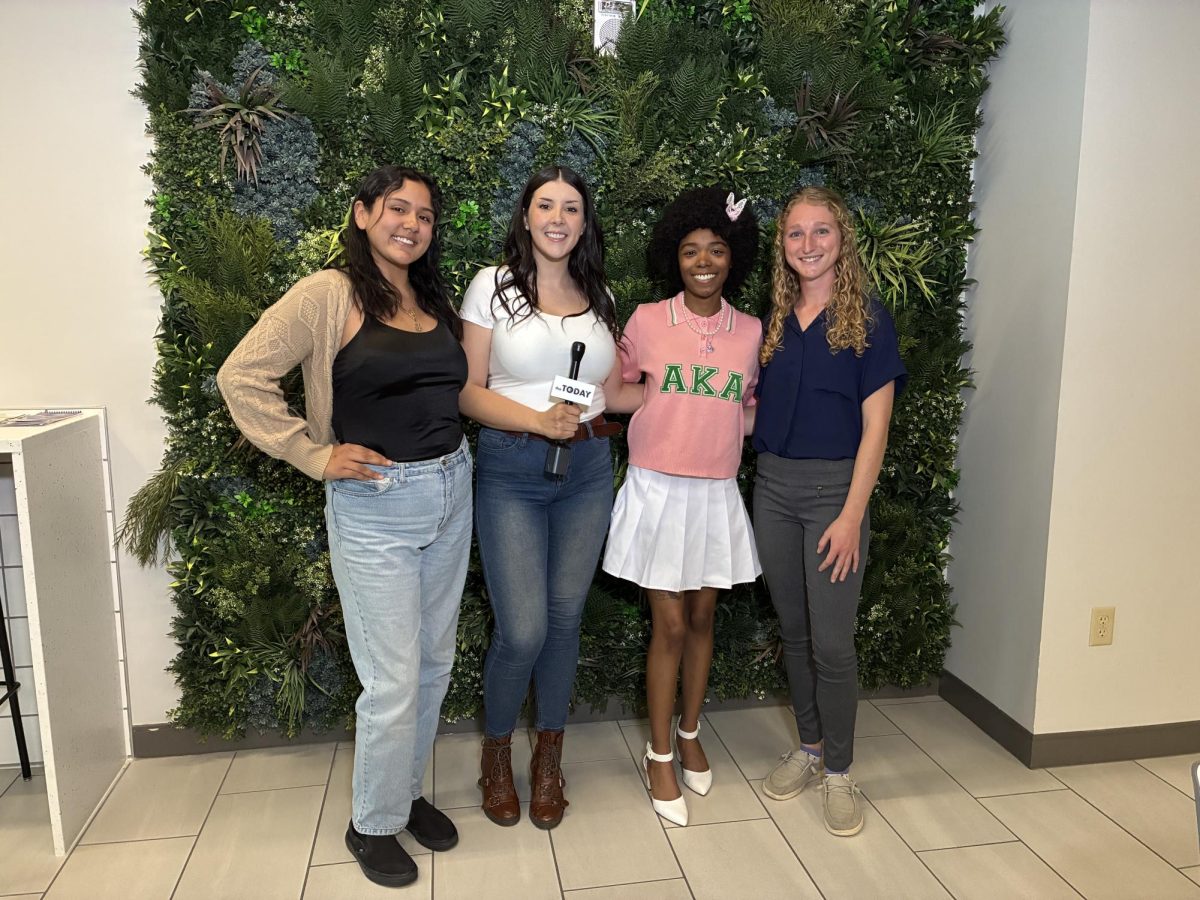
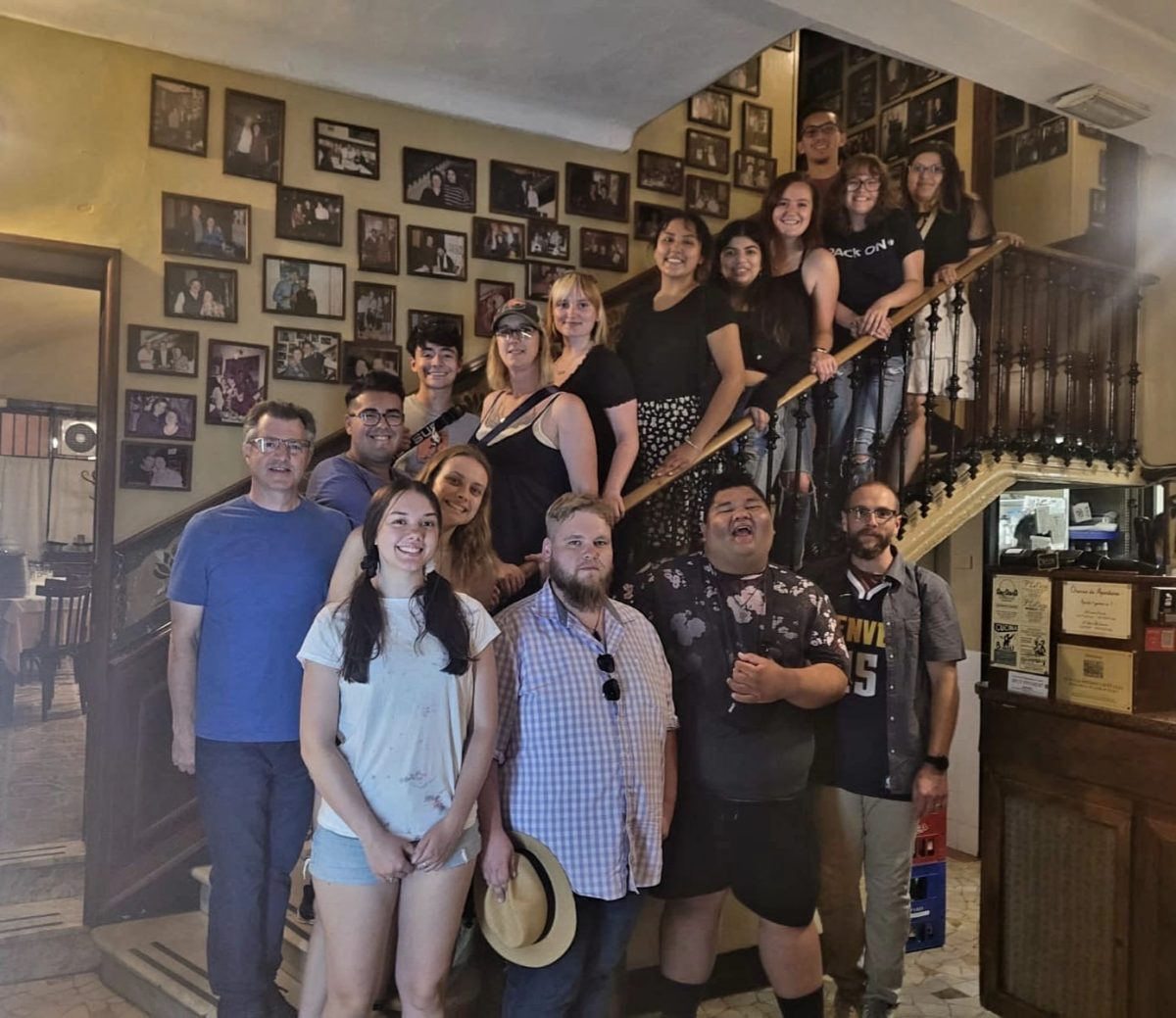

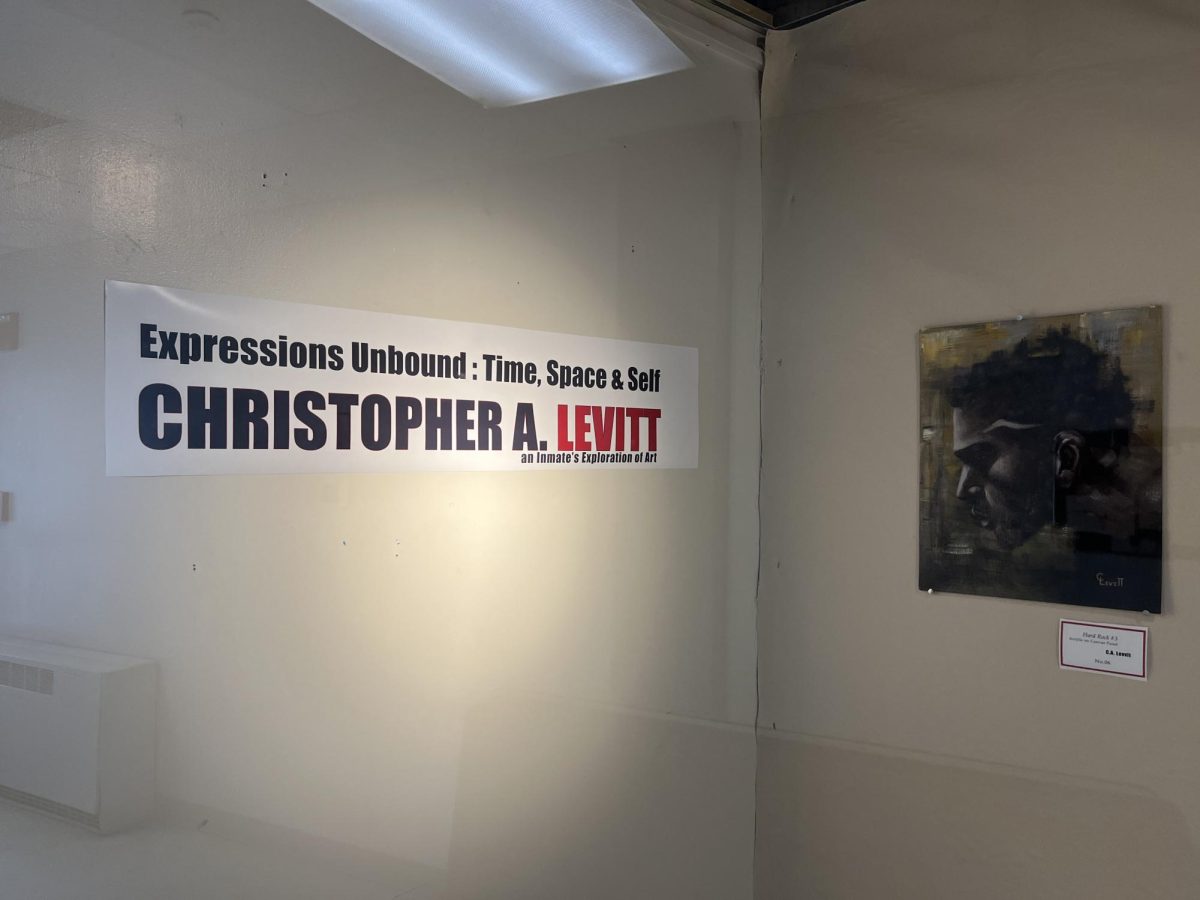


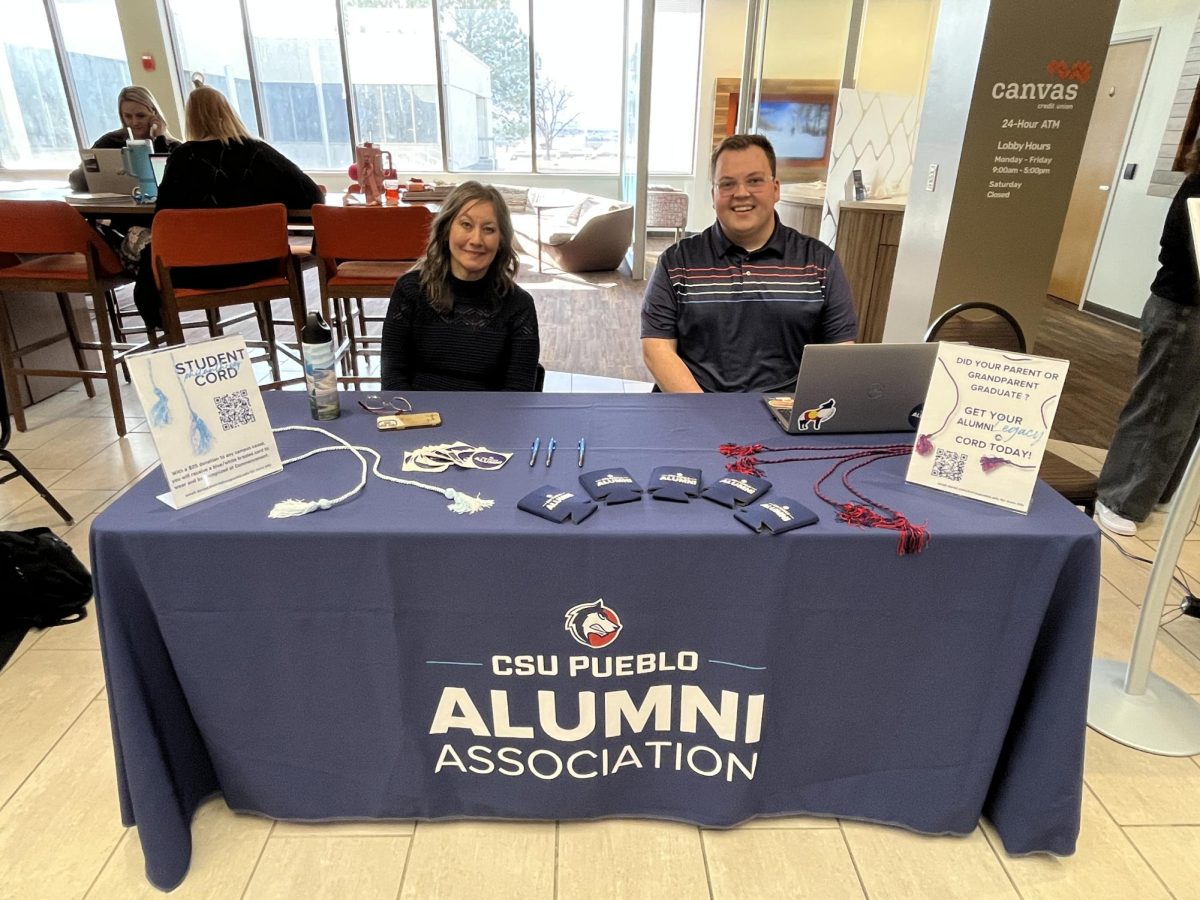
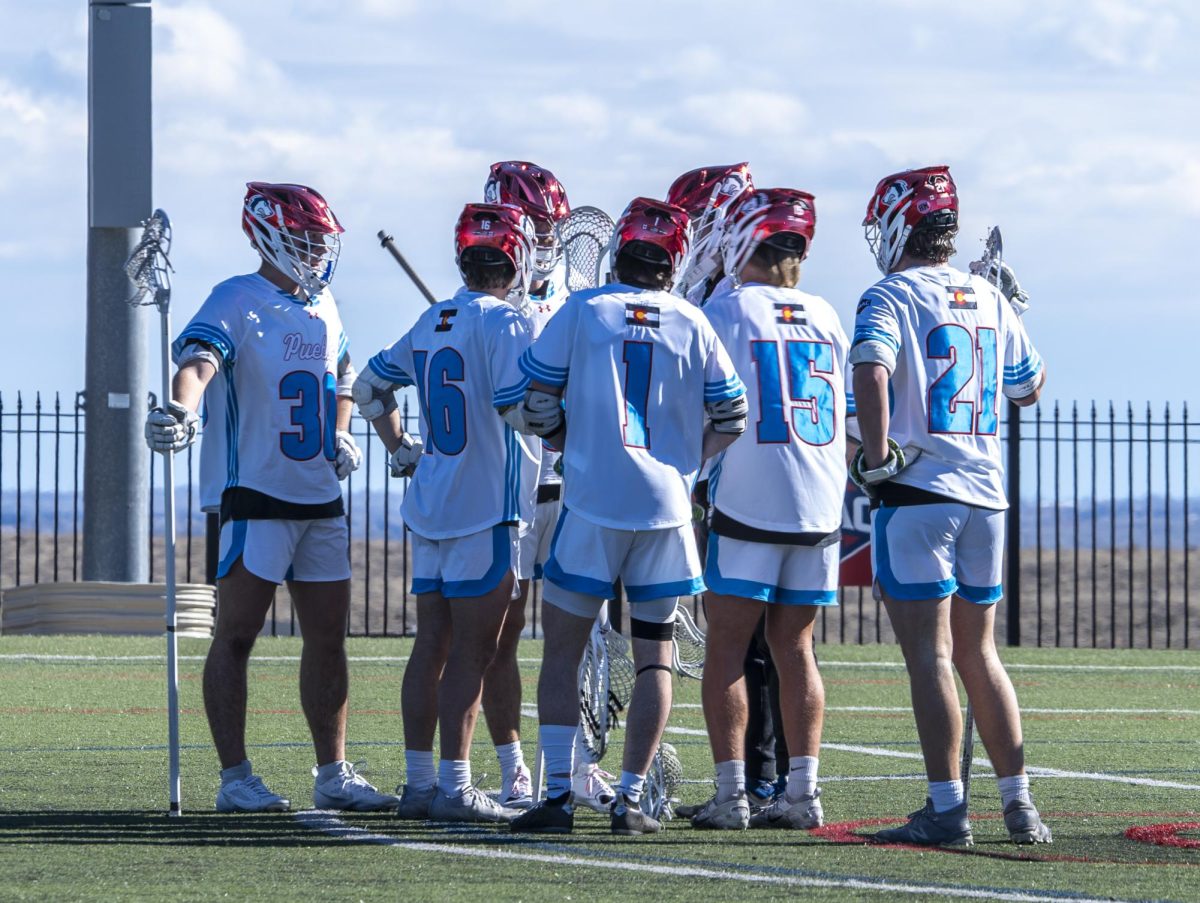

![Members of the Alpha Psi Lambda fraternity represent campus Greek life during Discover Day Feb. 19 at the Occhiato Student Center. [Today photo/Danielle Whitaker]](https://socostudentmedia.com/wp-content/uploads/2022/02/022422_Greeklife_photo-1-scaled-1-1200x900.jpg)
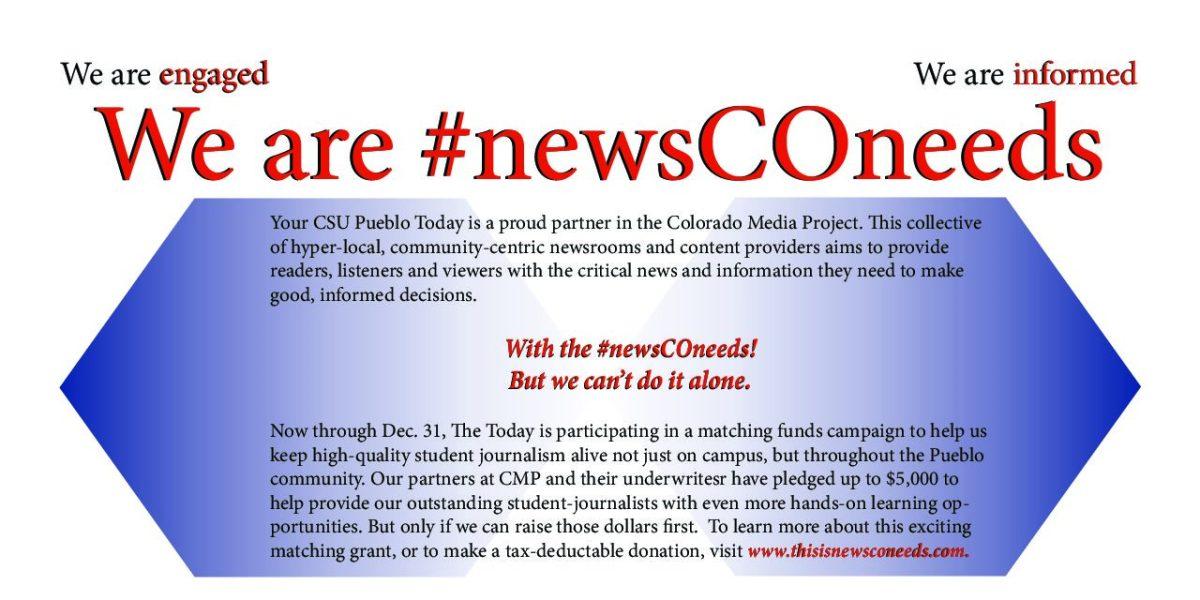



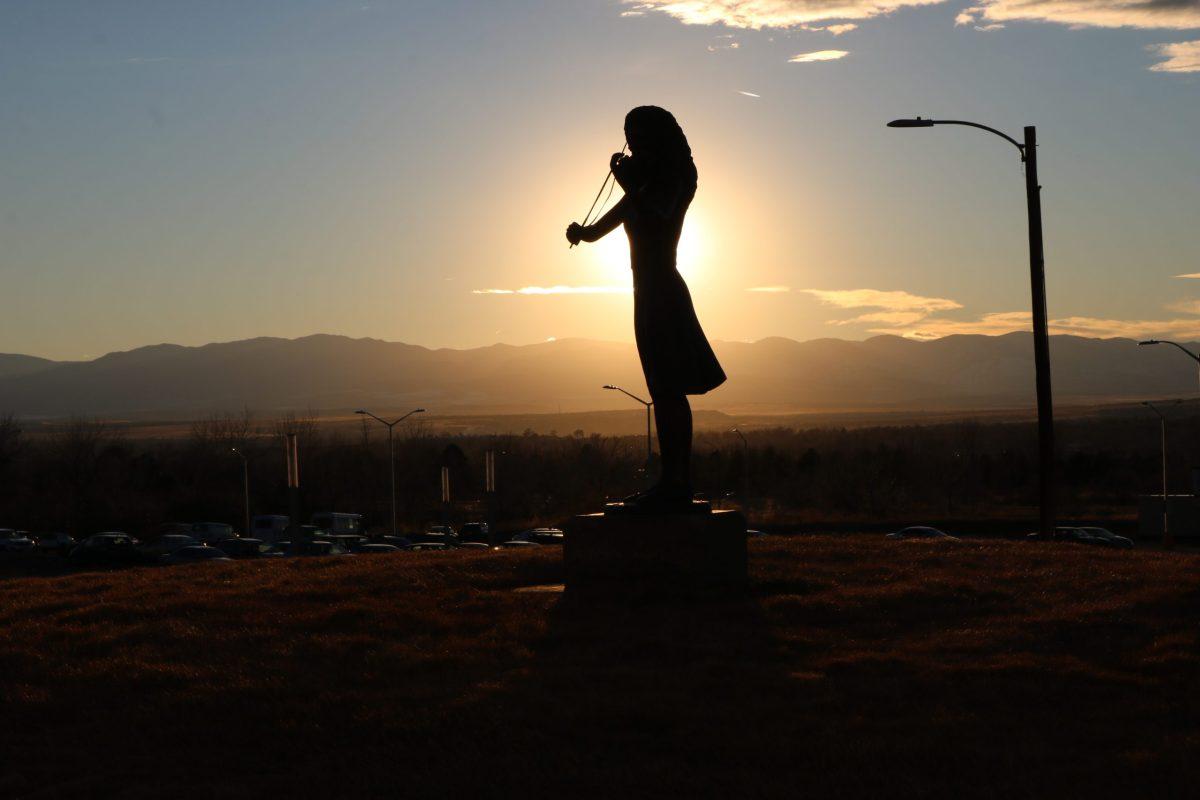
![Some members of The Revolution Rev 89 team show their Thunderwolf pride prior to kickoff of a CSU Pueblo football game this fall. [Courtesy photo/Jenna Lovato/Rev 89]](https://socostudentmedia.com/wp-content/uploads/2021/12/243755889_10158943954497605_1273251511381774727_n-1200x900.jpg)
![Alegría Ribadeneira
[Courtesy photo/CSU Pueblo]](https://socostudentmedia.com/wp-content/uploads/2021/12/Alegria-mug.jpg)